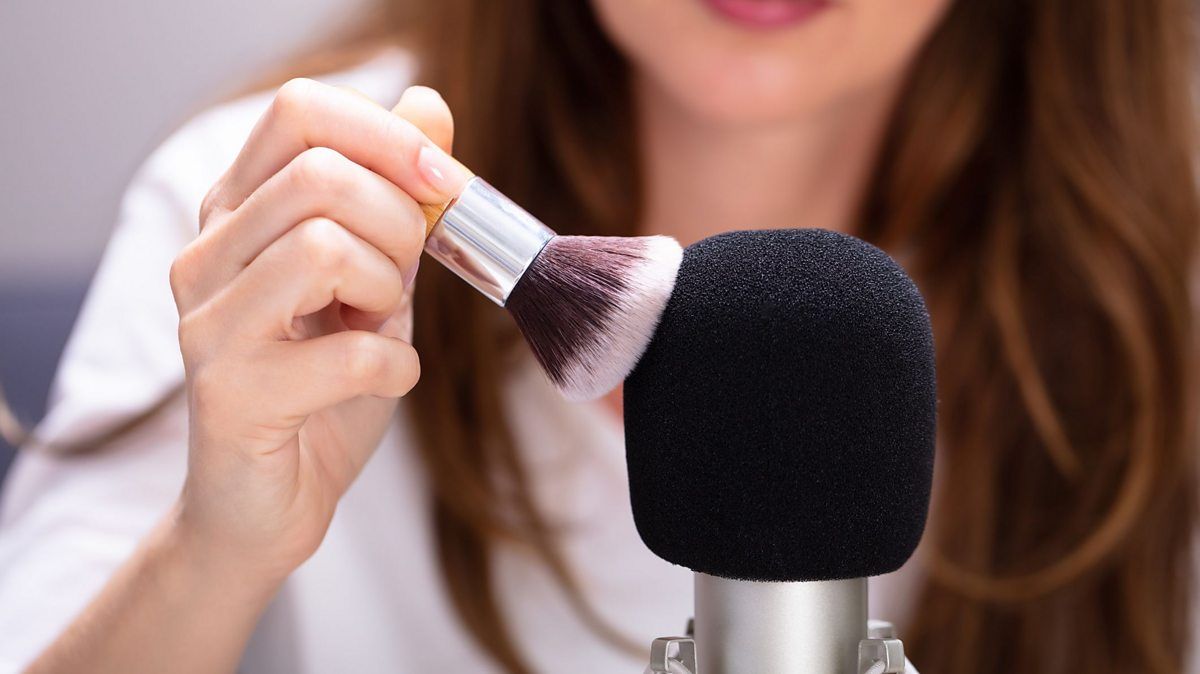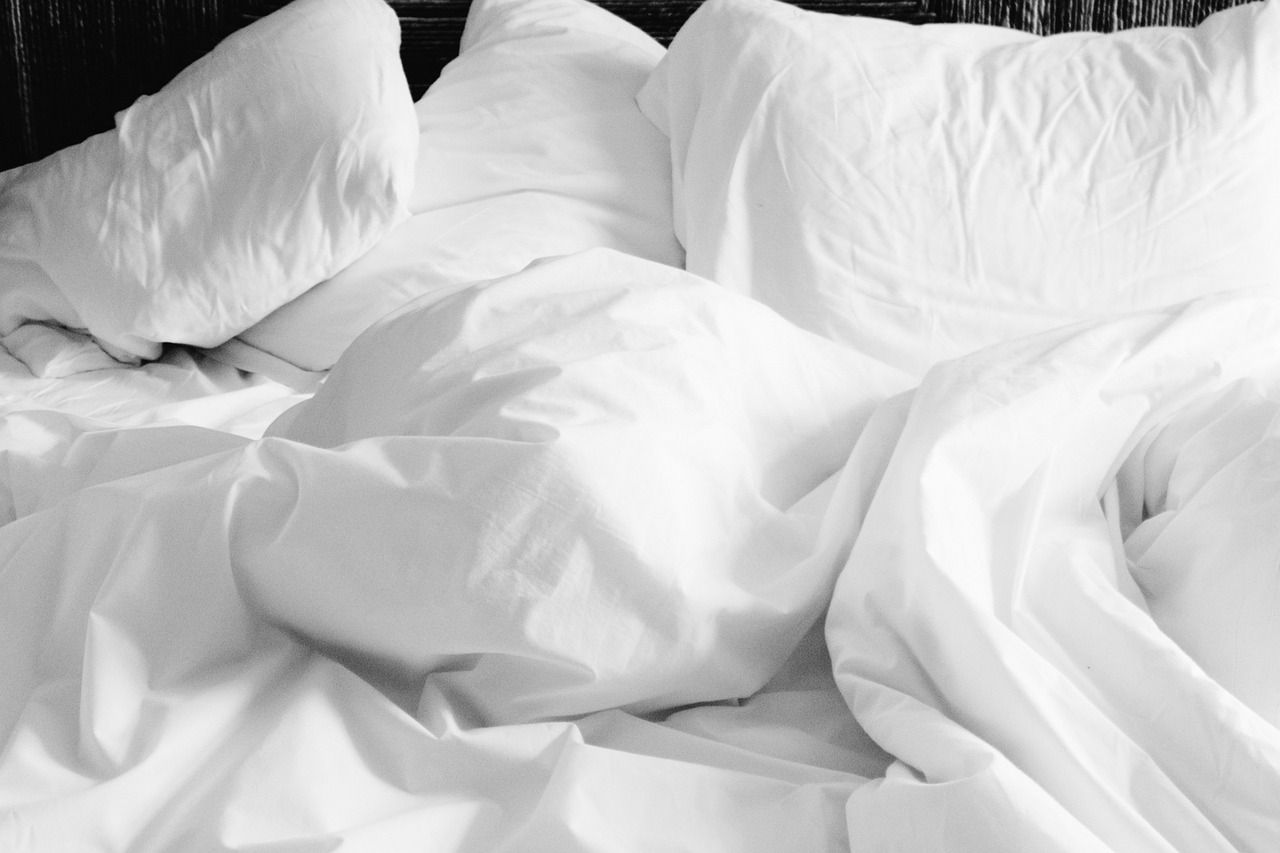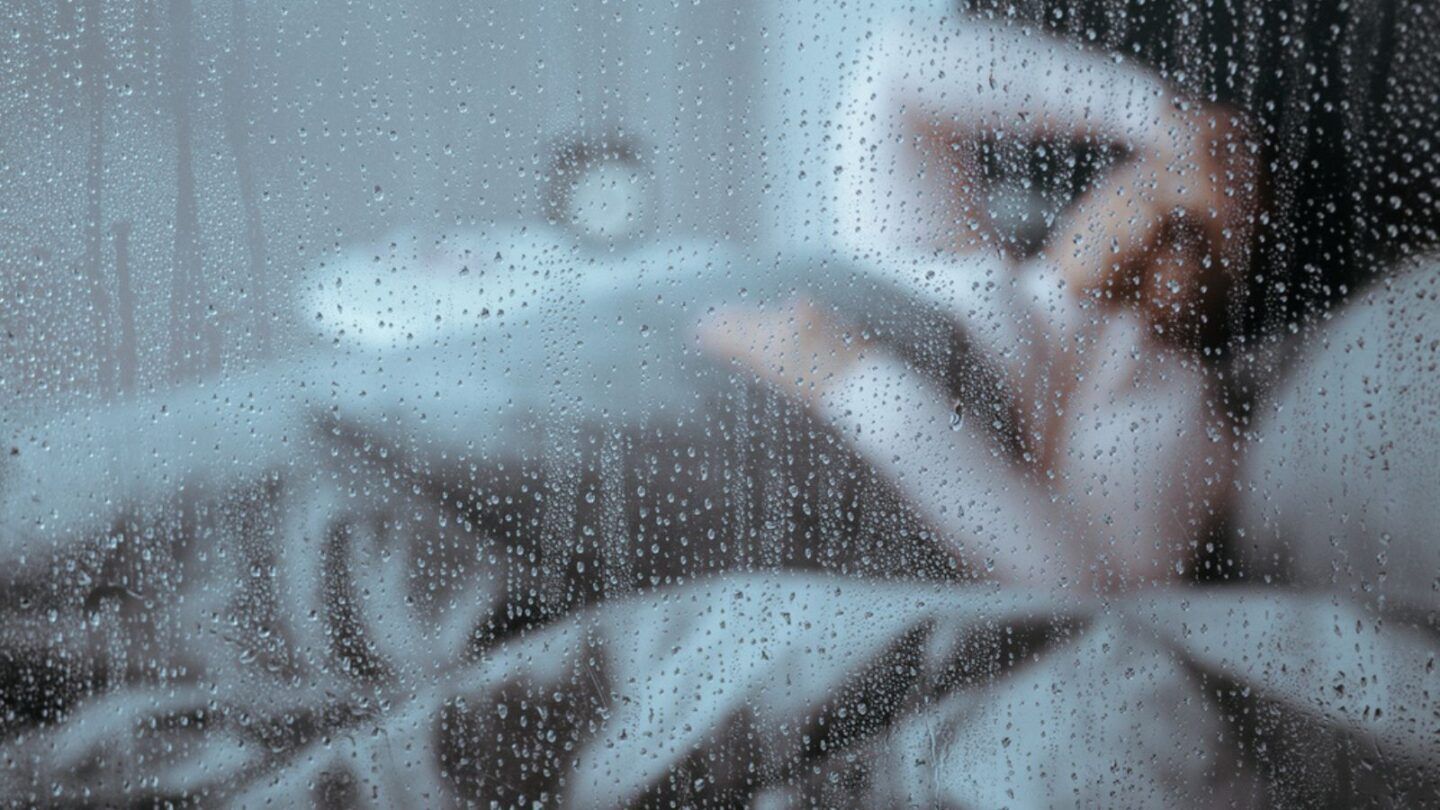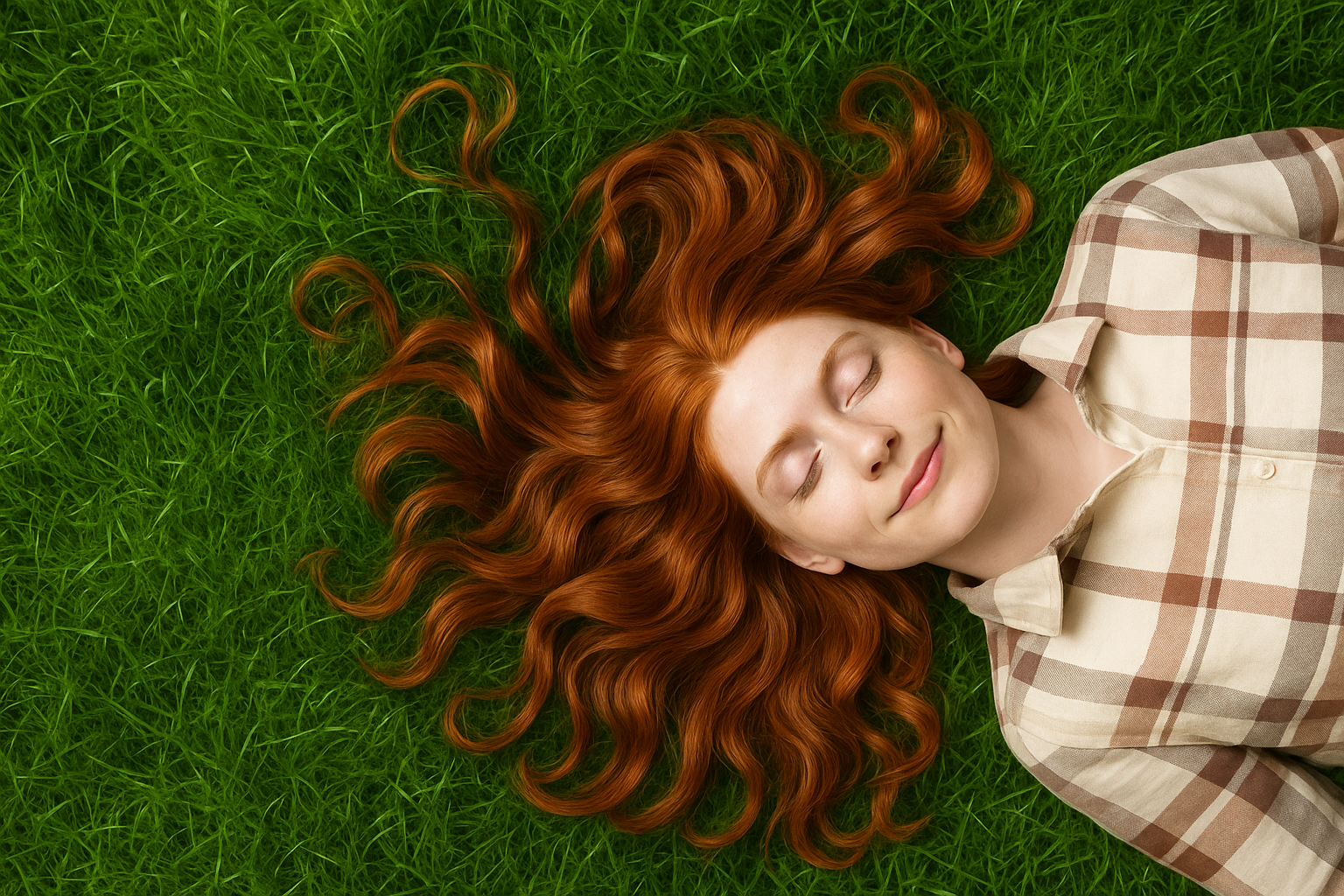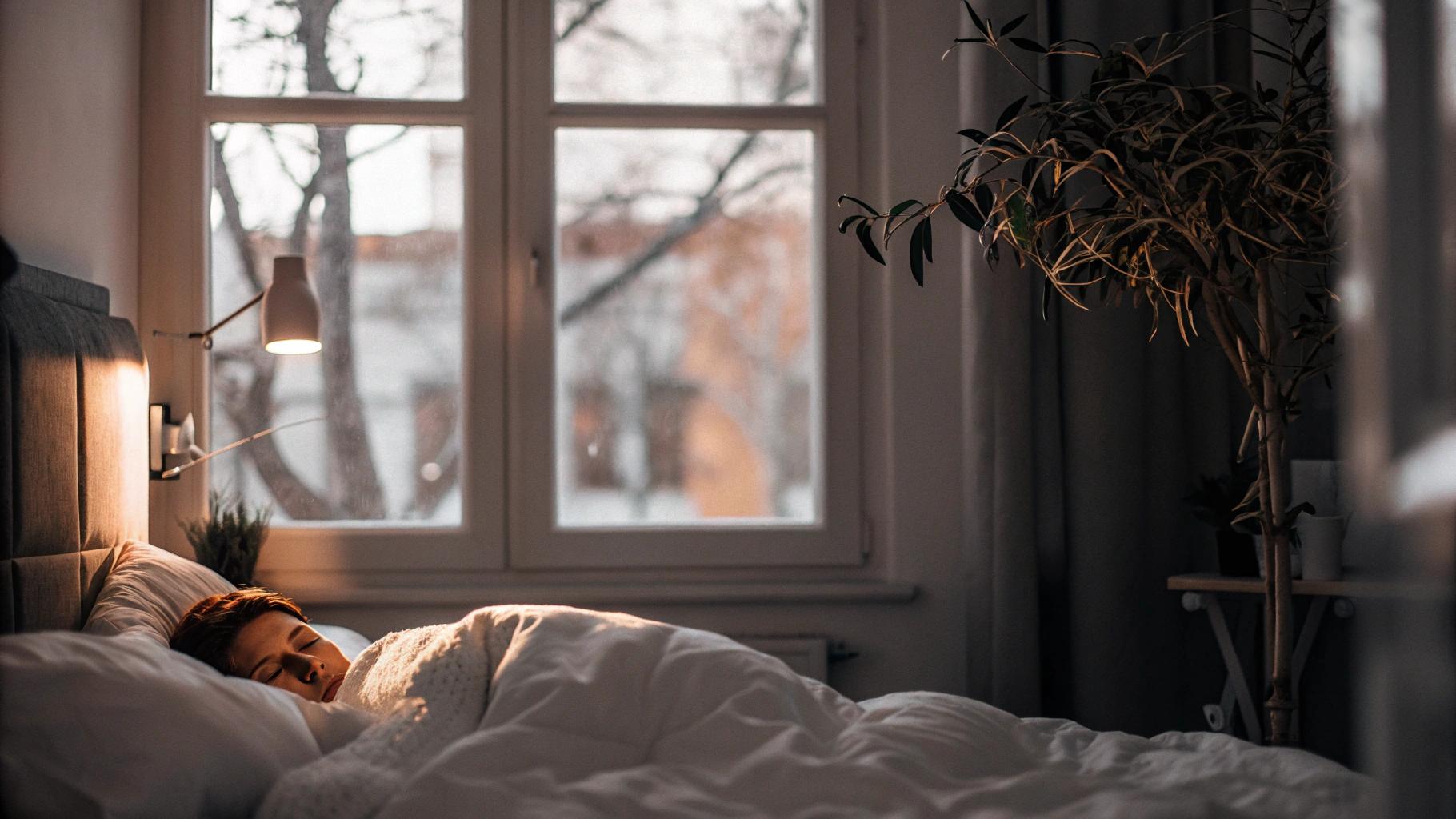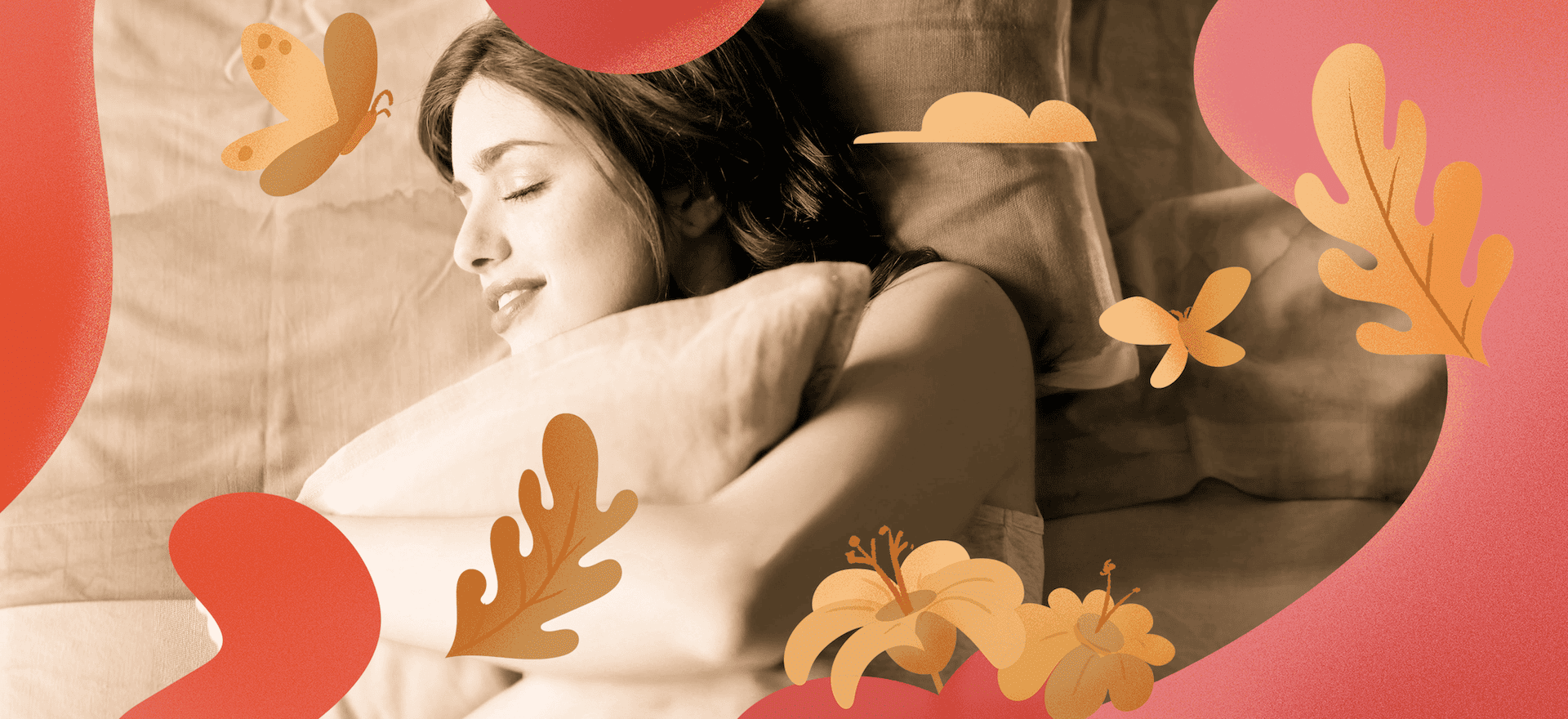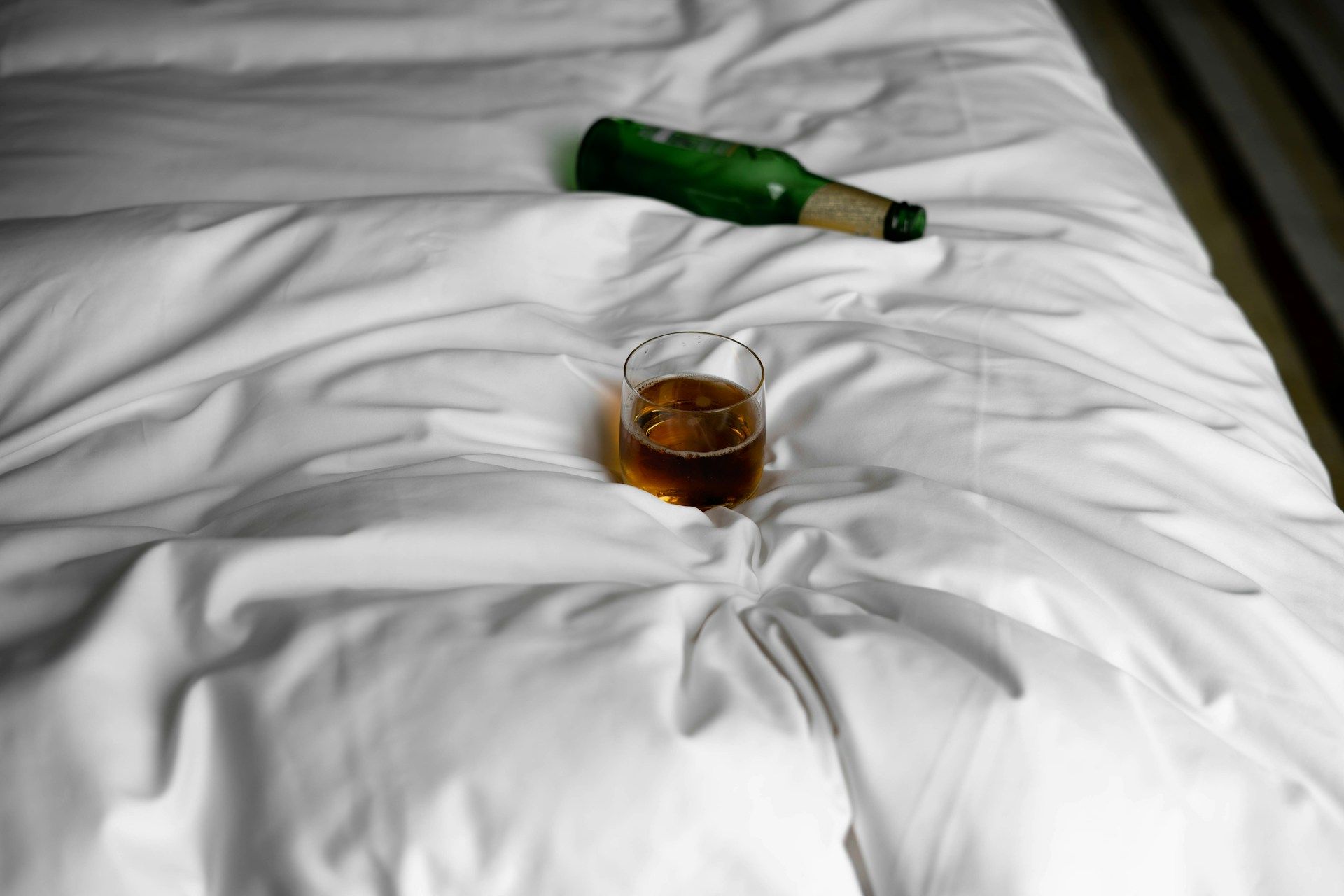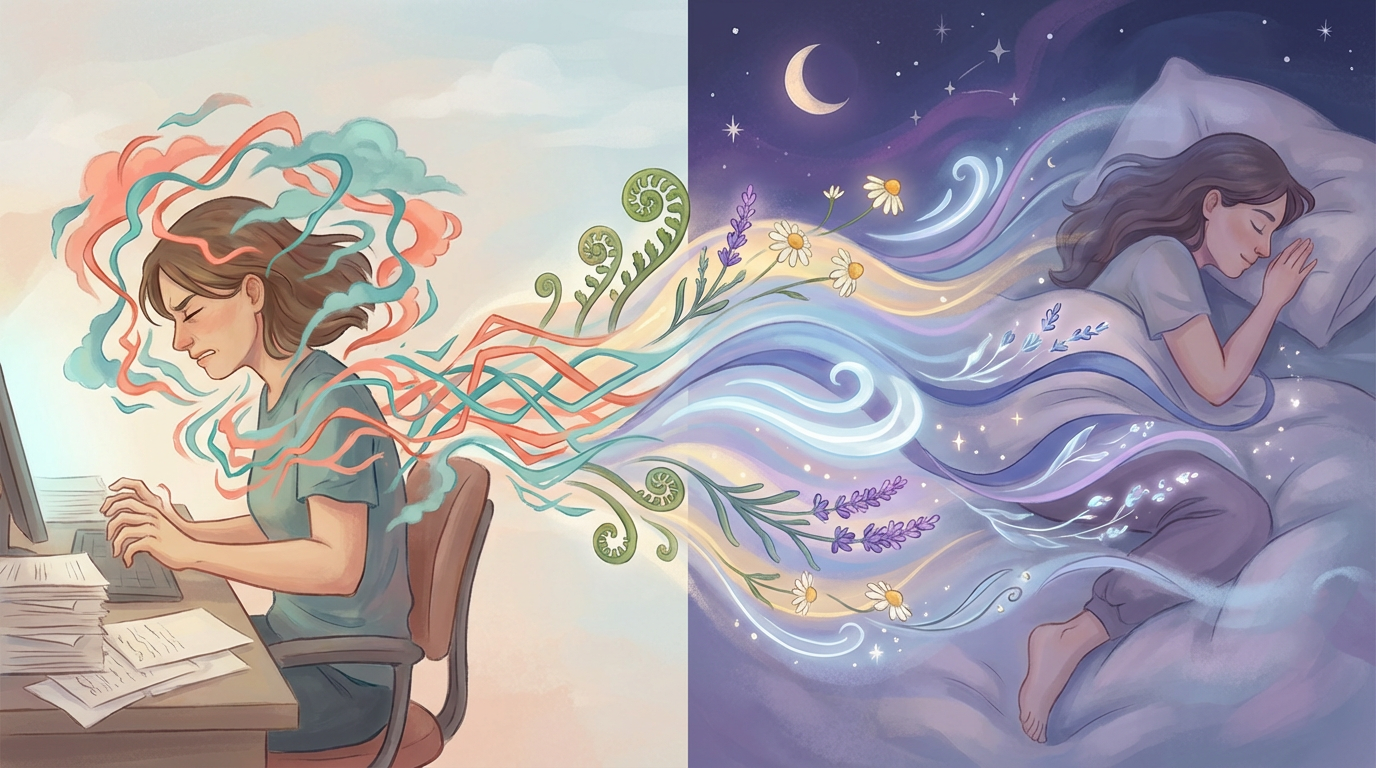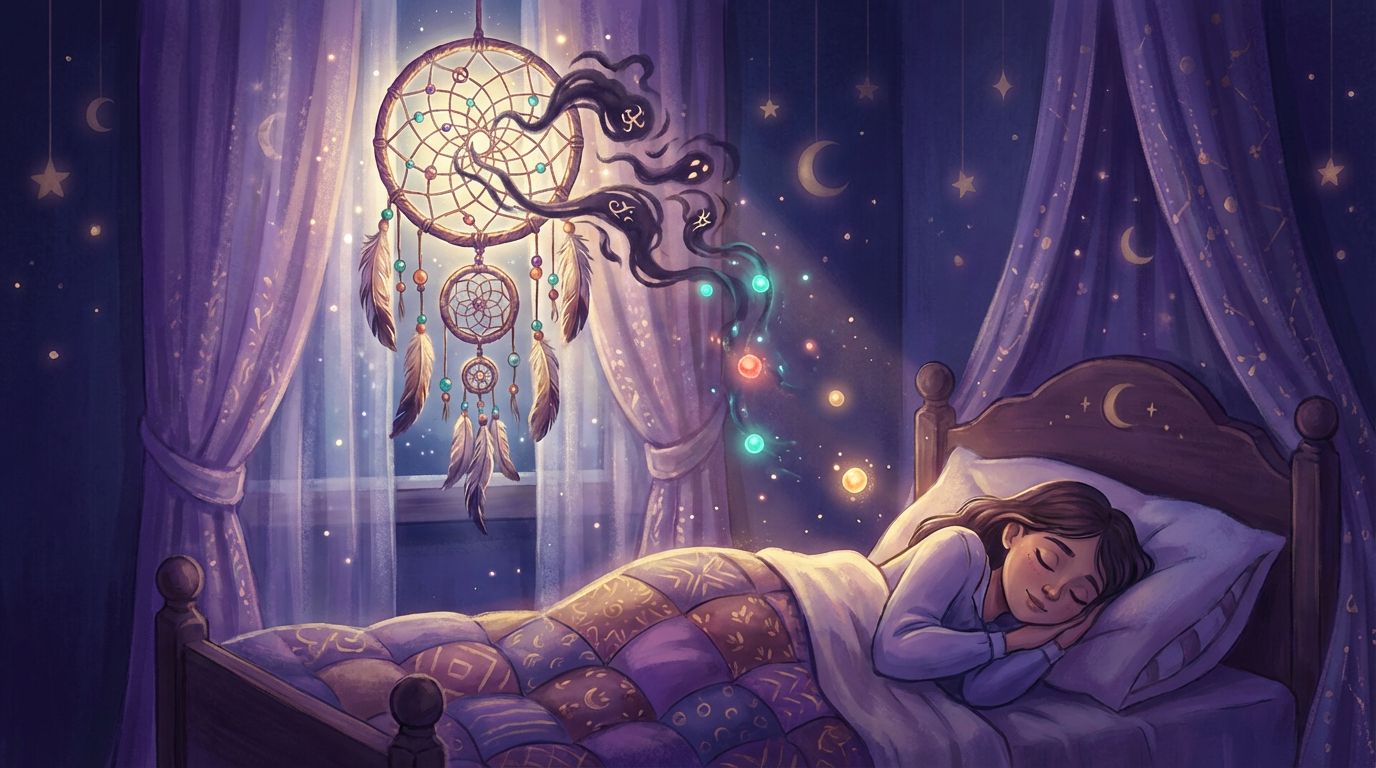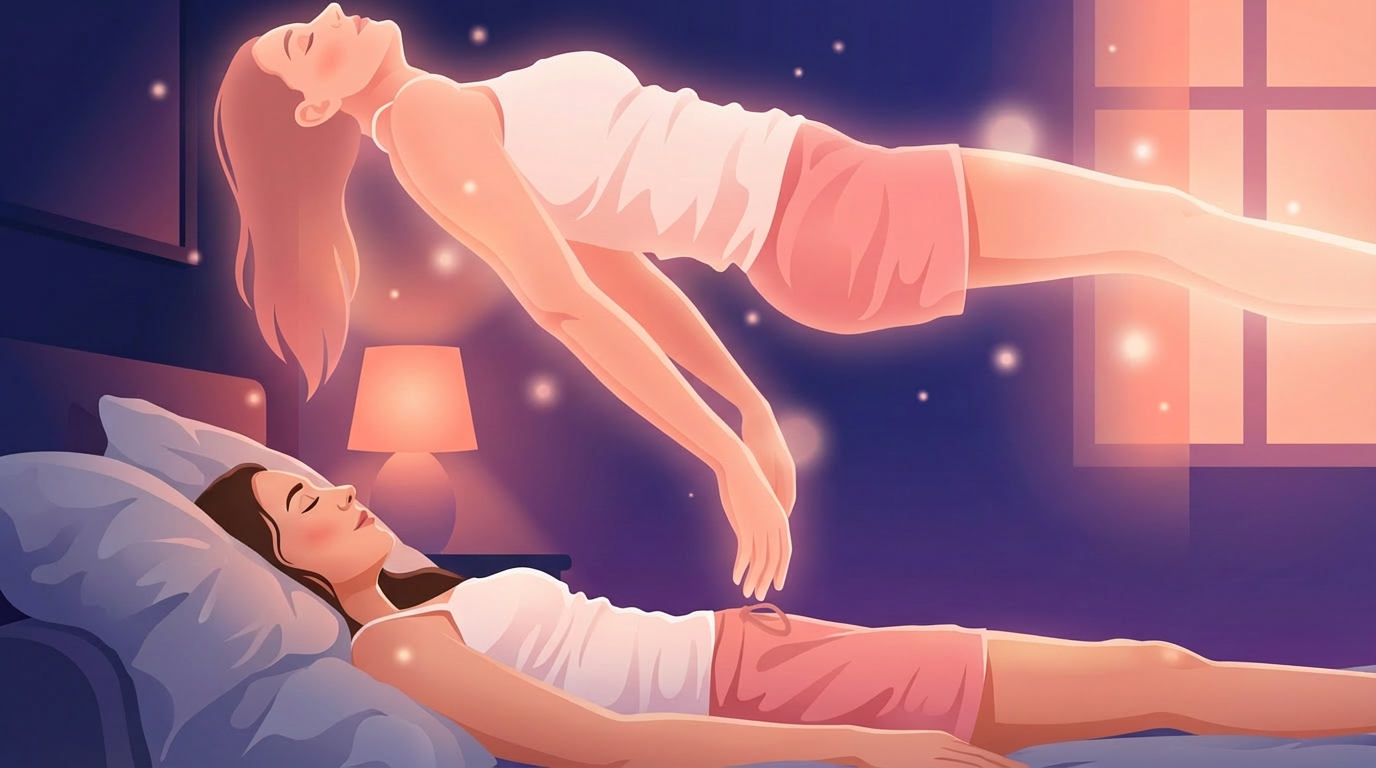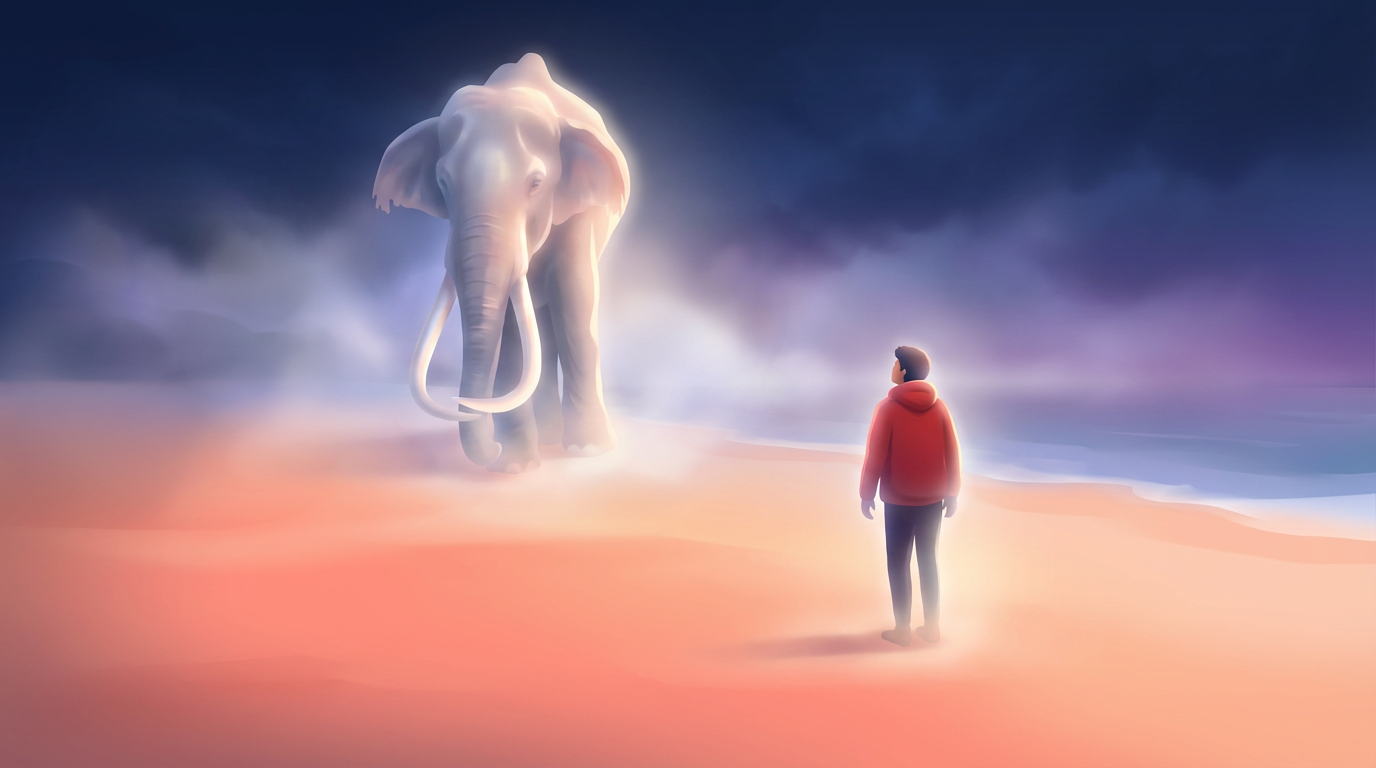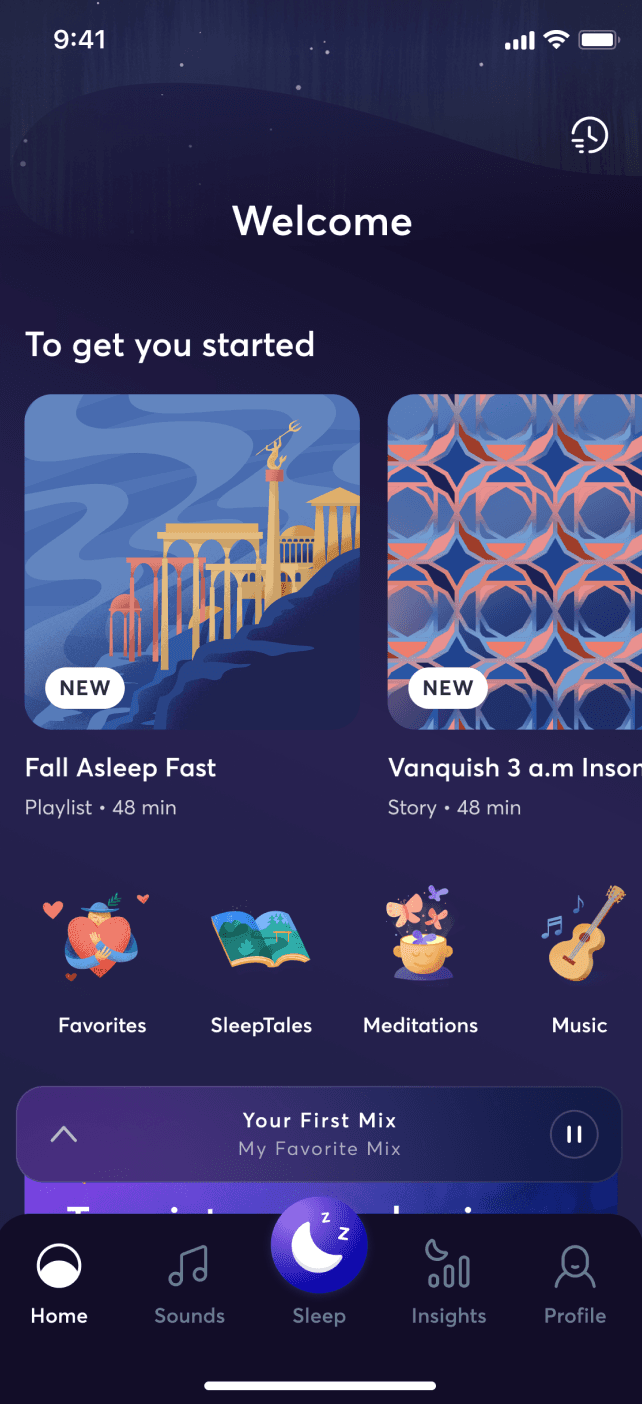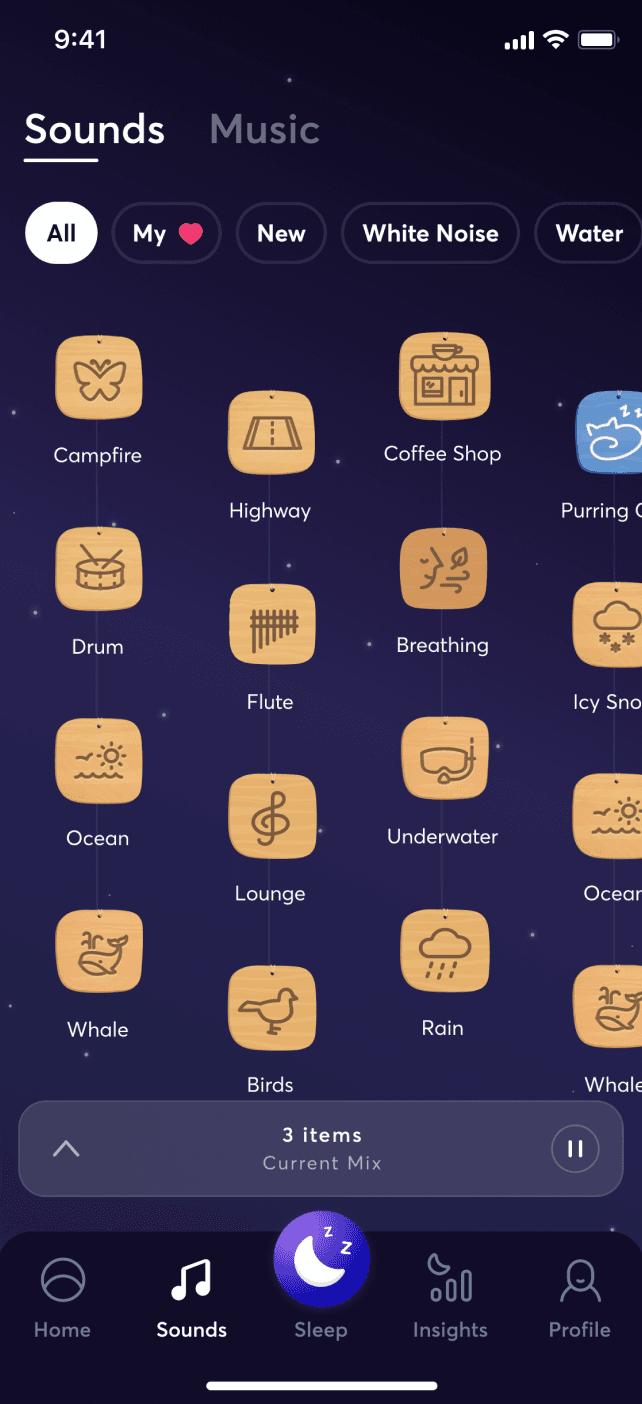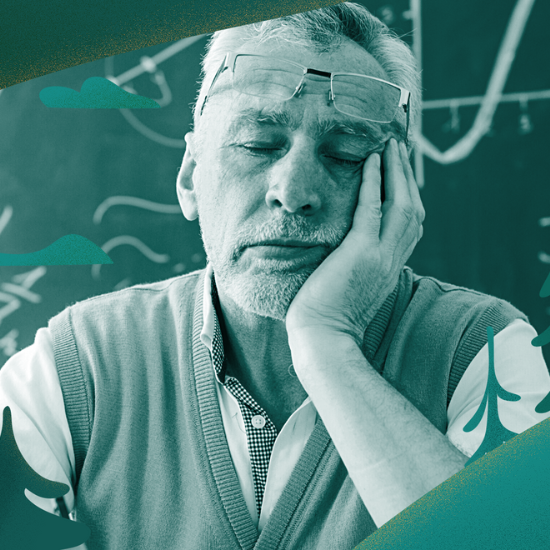
Hypersomnolence: What Is It?
Getting the recommended amount of sleep for your age group is essential. Too little sleep can lead to other health conditions, including heart problems, diabetes, anxiety, stroke, etc.
While you may put in the effort to rest your body every day, what happens if that rest isn’t enough? Hypersomnolence or hypersomnia affects many individuals. While it isn’t life-threatening, it should be taken seriously because of the effects it can have on your health in the long run.
What is hypersomnolence?
Some people may have difficulty sleeping due to other health conditions like insomnia, causing them to be tired all day. Individuals with hypersomnolence are tired throughout the day, even if they get enough sleep at night.
Hypersomnolence can affect your ability to work, study, or perform any necessary daily tasks. This condition is common among people from ages 17-24. Hypersomnolence is commonly caused by:
- Medical illnesses
- Insufficient sleep
- Medications
- Other sleep disorders
Symptoms of hypersomnolence:
The most common symptom of hypersomnolence is excessive sleepiness, but there are a few others to take note of:
- Need for daytime naps
- Difficulty thinking
- Difficulty remembering things
What causes hypersomnolence?
There is no solid evidence on what causes hypersomnolence, but researchers believe it has to do with excess chemicals in the brain. There are a few other risk factors for this condition:
Stress
Your mental health can significantly impact the amount of rest you get. High stress levels can keep you up at night, making it difficult to stay awake and energized throughout the day.
Overworking
You may not see the effects of overworking on that particular day because your body fights hard to stay energized. You can begin seeing symptoms of hypersomnolence over time if your poor work habits continue.
Sleep disorders
Sleep apnea, RLS, insomnia, and other sleep disorders can take a toll on your body. These conditions keep you up at night and drain your energy from the day.
How to Treat Hypersomnolence
In most cases, hypersomnolence can be treated with lifestyle changes:
Create a sleep schedule.
Going to bed and waking up at the same time every day can improve rest, and give you more energy throughout the day.
Avoid alcohol and caffeine.
Avoid caffeine and alcohol close to bedtime, these can keep you up longer than usual. You should also try to limit their intake during the day.
Exercise regularly.
Exercising regularly helps improve the amount of time it takes for you to fall asleep. This will give you the energy you need during the day.
Eat nutritious foods.
Food is your main source of energy. Along with eating nutritious foods, be sure to drink plenty of water.
Take power naps.
Instead of sleeping for hours on end, taking a power nap can boost energy. Power naps typically last 10-20 minutes.

